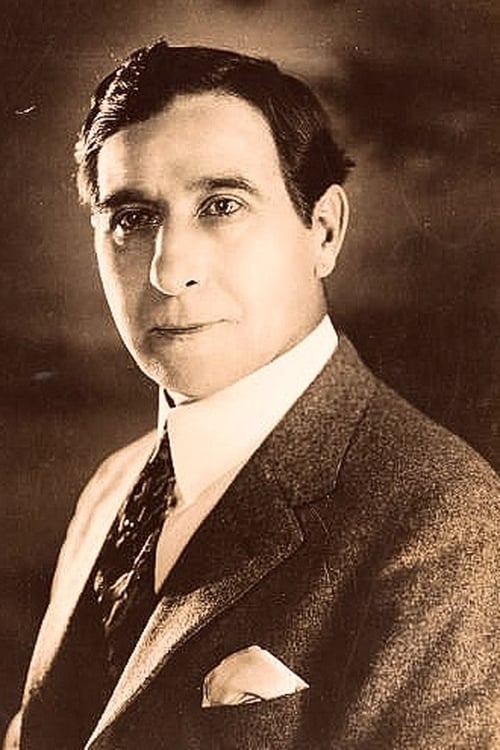The Thieving Hand (1908)
Genre : Comedy
Runtime : 6M
Director : J. Stuart Blackton
Synopsis
A one-armed street peddler notices that a well-to-do man has dropped his ring. He returns it to him. The wealthy man is very grateful and, to show his appreciation, takes the peddler to a 'Limb Store', where he buys him a new arm. The recipient soon discovers that this new arm has a will of its own - causing him considerable embarrassment.
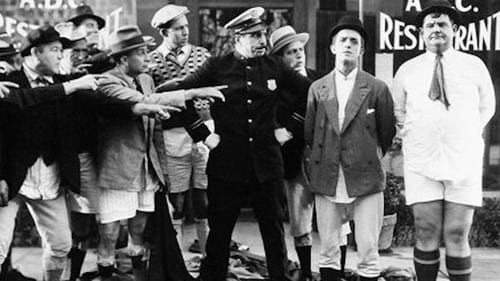
Fight manager takes out an insurance policy on his puny pugilist and then proceeds to try to arrange for an accident so that he can collect.

In this sound-era silent film, a tramp falls in love with a beautiful blind flower seller.
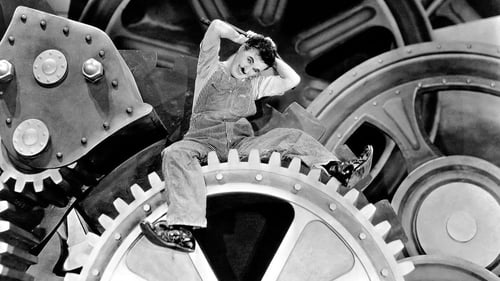
The Tramp struggles to live in modern industrial society with the help of a young homeless woman.
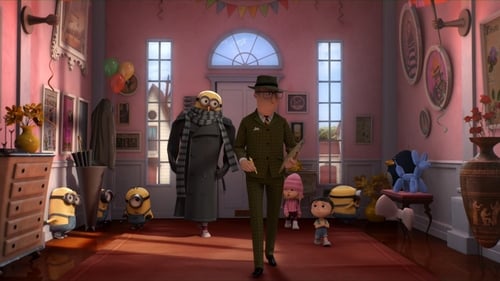
A social worker is coming to Gru's house to check if it's suitable for children. Margo, Edith, Agnes and the Minions must take care of the situation.
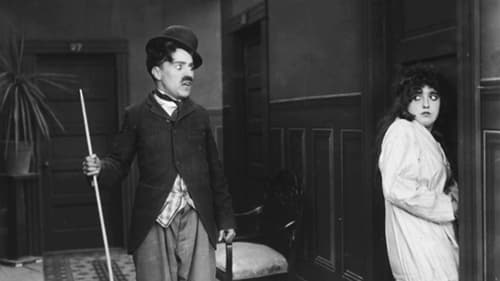
The Tramp gets drunk in a hotel lobby and causes some misunderstandings between Mabel and her lover.

Agent Coulson stops at a convenience store and deals with a coincidental robbery during his visit.
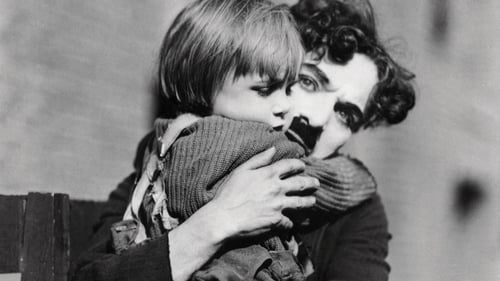
A tramp cares for a boy after he's abandoned as a newborn by his mother. Later the mother has a change of heart and aches to be reunited with her son.
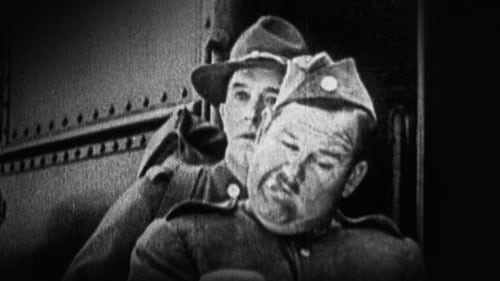
Dimwitted Cuthbert Hope is enlisted in the army, and gets himself and his sergeant in constant trouble.
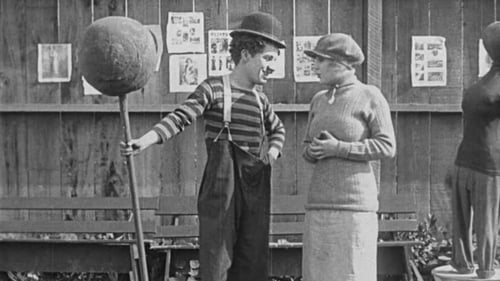
Walking along with his bulldog, Charlie finds a "good luck" horseshoe just as he passes a training camp advertising for a boxing partner "who can take a beating." After watching others lose, Charlie puts the horseshoe in his glove and wins. The trainer prepares Charlie to fight the world champion. A gambler wants Charlie to throw the fight. He and the trainer's daughter fall in love.
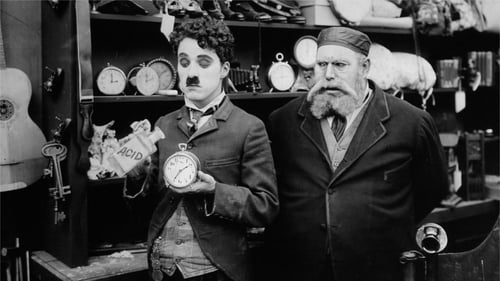
A pawnbroker's assistant deals with his grumpy boss, his annoying co-worker and some eccentric customers as he flirts with the pawnbroker's daughter, until a perfidious crook with bad intentions arrives at the pawnshop.
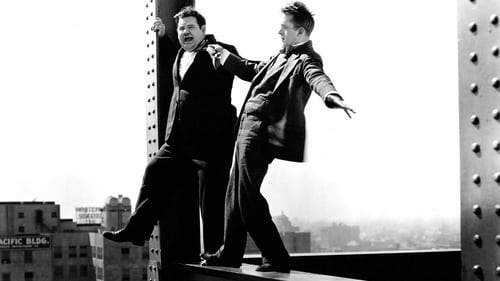
While changing clothes in a getaway car, escaped convicts Stan and Ollie mistakenly put on each other's pants. They spend the rest of the film trying to exchange pants in various unlikely settings.
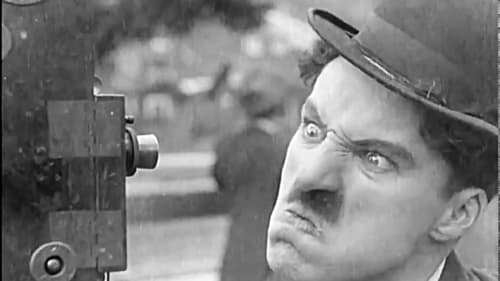
The Tramp interferes with the celebration of several kid auto races in Venice, California (Junior Vanderbilt Cup Race, January 10 and 11, 1914), standing himself in the way of the cameraman who is filming the event.
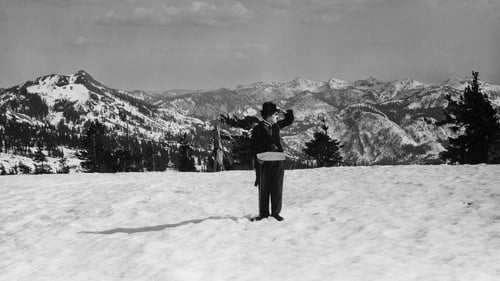
A gold prospector in Alaska struggles to survive the elements and win the heart of a dance hall girl.

Professor Barbenfouillis and five of his colleagues from the Academy of Astronomy travel to the Moon aboard a rocket propelled by a giant cannon. Once on the lunar surface, the bold explorers face the many perils hidden in the caves of the mysterious planet.

The mysterious Count Orlok summons Thomas Hutter to his remote Transylvanian castle in the mountains. The eerie Orlok seeks to buy a house near Hutter and his wife, Ellen. After Orlok reveals his vampire nature, Hutter struggles to escape the castle, knowing that Ellen is in grave danger
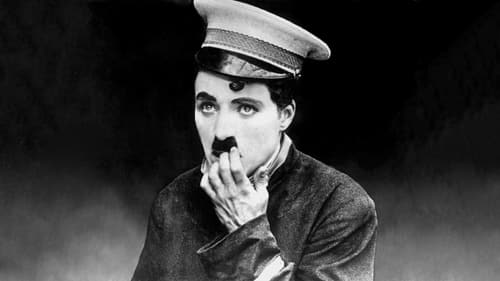
A janitor at a bank is in love with a secretary and dreams that she has fallen in love with him too.
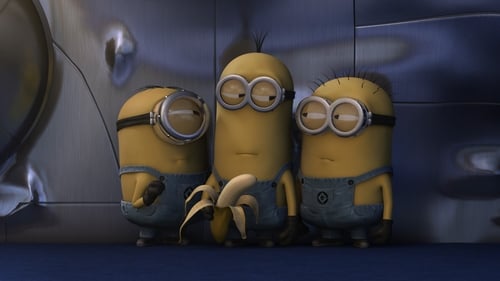
The Minions fight over a delicious banana... but is that all they want?!

An urban office worker finds that paper airplanes are instrumental in meeting a girl in ways he never expected.
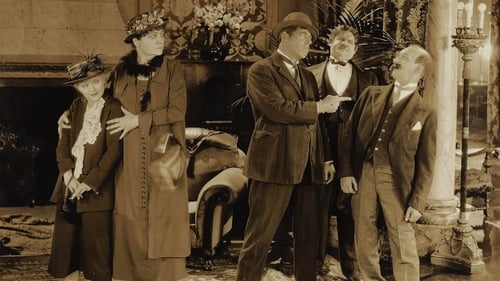
After a night of carousing, a rich oil tycoon awakes to find that he was married the night before. He calls in his lawyer to straighten things out.

When one of the actors on a movie set doesn't show up, Charlie gets his chance to be on camera and replaces the actor. While waiting, he plays in a dice game and gets on many people's nerves. When he finally gets to act, he ruins his scene, accidentally destroys the set, and tears the skirt of the star of the movie.

Synchromy No. 2, synchronized to the "Evening Star" aria from Wagner's Tannhäuser, uses a statue of Venus to represent the star.

Carousel - Animal Opera (c.1938), a visual symphony by artist and sculptor Joseph Cornell.

Parabola is a celebration of film’s ability to create new ways of seeing the forms around us. Creating juxtapositions between light/shadow, stasis/motion, and form/music, this black-and-white short invites us to see the parabolic curve, or “nature’s poetry,” as both invigorating and beguiling.

Bruce Baillie's Mr. Hayashi might be thought of as a putative East Coast story transformed by a West Coast sensibility. The narrative, slight as it is, mounts a social critique of sorts, involving the difficulty the title character, a Japanese gardener, has finding work that pays adequately. But the beauty of Baillie's black-and-white photography, the misty lusciousness of the landscapes he chooses to photograph, and the powerful silence of Mr. Hayashi's figure within them make the viewer forget all about economics and ethnicity. The shots remind us of Sung scrolls of fields and mountain peaks, where the human figure is dwarfed in the middle distance. Rather than a study of unemployment, the film becomes a study of nested layers of stillness and serenity.

While playing his trombone one Sunday, the enthusiastic Zero sees Beatrix and falls in love. He returns the next week to express his feelings, and it's mutual. Over the next few months, they spoon, kiss, and find happiness. Then, she receives a letter from Kabul, demanding that she return to the palace of the grand vizier. The lovers part, heartbroken. Zero tries expressing himself to a woman on the street. He meets derision. Then, news of Beatrix. Does this romance end in smiles or tears?

Gentlemen get into a misunderstanding over absinthe.

An ant works to prepare for winter while a drunken grasshopper plays his violin and dances away his time. When the snow arrives, the grasshopper pleads with the ant for shelter and is turned away to die.
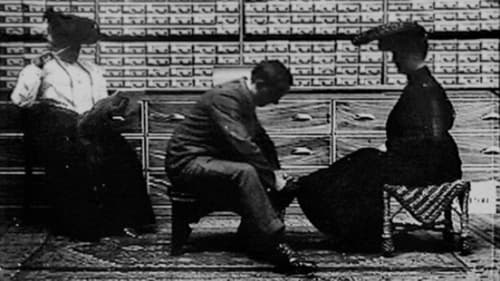
A woman being fitted for shoes exposes her ankle to the shoe clerk, who is intrigued. He kisses her, but her chaperone hits him with her umbrella.
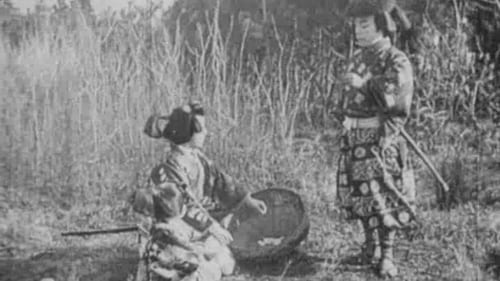
Jiraiya is some sort of super-ninja with superpowers. He can fly, he can avoid detection by turning himself into a toad, and he has some sort of ability to vanish.

A lucid dream turned nightmarish reality. A ship sinking into a world of fear. A short film that’s mostly puppetry by one of America's most prolific twentieth century artists.

Madame Ondine performs a serpentine dance surrounded by big cats.

A short melodrama based on Hans Christian Andersen's harrowing tale. A poor little girl tries to sell matchsticks in the freezing December cold. She lights matches for some light and warmth. There are visions: a fireplace, dinner, a Christmas tree. She sees her dead mother, welcoming her.

Some men get into hijinks at a sidewalk cafe.

Alice Guy shoots a travelogue documentary all around Spain.

When a young girl finds a beautiful dead lily in the woods, she asks her grandfather to tell her about it. The lily stands in splendour beside a stream, admired by the creatures of the woods. But an army of beetles, bent on conquering new territories, wants to cross the stream - and the lily is blocking their way. An unashamed allegory of the German rape of Belgium.

A brief vaudeville-style demonstration of a "Dog Transformator," a machine that instantly turns dogs into sausages, and amazingly, sausages back into dogs.

A panorama of Coney Island, taken at night: the camera sweeps across the scene from a vantage point well above the area. It then moves in for closer views of Dreamland and Luna Park.

A dramatization of the uprising in Odessa, Russia in 1905: A ship's crew, tired of being mistreated, mutinies and takes over their ship. When they reach land, a sailor who died during the mutiny is made a martyr, inspiring an uprising in the city. Then the authorities decide to repress the revolt with a brutal show of force.
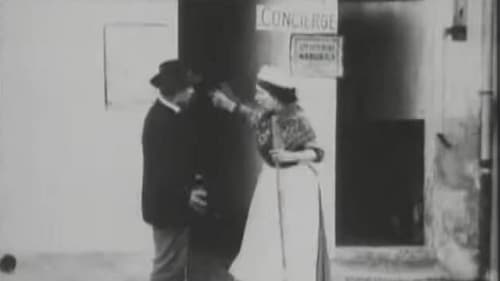
A landlady is taunted by neighborhood kids.

Four prisoners, in convicts' stripes, march backwards down stairs and, under the watchful eyes of guards, hop backwards into their cells. Later, one overpowers a guard and springs his three pals. But, will they be able to pull off an escape? Other guards come to the aid of their fallen comrade before all four felons can flee. Guards and convicts spring forward and backward out of cells, up and down stairs, and into and out of freedom.
